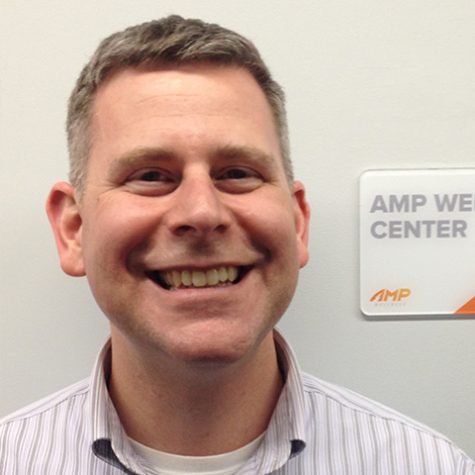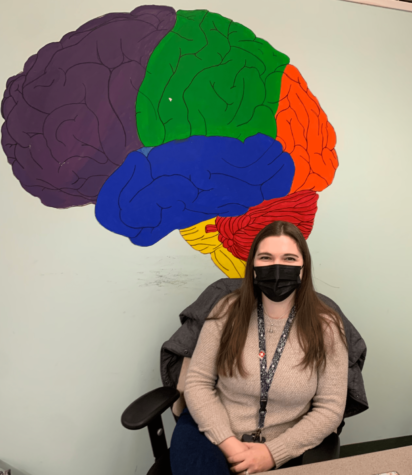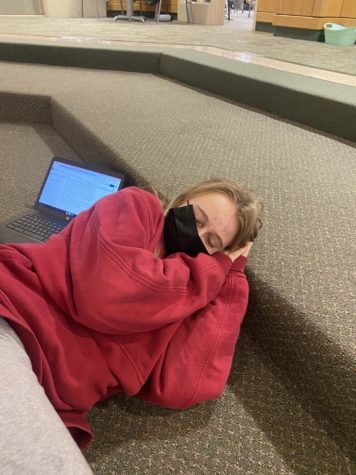Who Cares?
November 14, 2017
With the recently failed attempt to repeal the Affordable Care Act, Americans have been left with an utter feeling of uncertainty. Senate republicans were incapable of passing the proposed Graham-Cassidy bill, which has thus extended Obamacare, until the Republican senate pushes another repeal bill. With the unstable health care climate in the US, we’re left with two possible solutions to help Americans gain affordable and quality health care.
The most notorious solution, as mentioned previously, is the Graham-Cassidy bill. With this bill, the federal government would have no responsibility for regulating and providing health care to US citizens. However the power would be transferred to the state level. The Affordable Care Act subsidies would be removed, and states would provide subsidies if they use their block grant. On the insurance level, companies would be allowed to charge their elderly customers five times more than their younger ones, unlike three times under the ACA. Insurance companies would also be allowed to factor in pre-existing conditions. Now the wealthy will be able to use their Health Savings Accounts to pay for health care premiums as well, and the Health Savings Account cap would be removed.
Now what does this mean to the average person?
In an interview with health care professional Dr. Barry Giglio Sr., he discussed the benefits of the Affordable Care Act. “Before the ACA, people would avoid health care and would avoid going to the hospital,” Dr. Giglio said. Before the ACA, it was harder for certain individuals to afford trips to the hospital, and they would avoid getting care until they absolutely needed it, which was in some cases too late. Dr. Giglio also talked about how the ACA benefits those who need health care the most. Under the previous system, Dr. Giglio says “people with serious diseases had to risk losing insurance”. The ACA helps those with serious diseases get the care they need at a more affordable cost.
Dr. Giglio also discussed some of the potential flaws in the Affordable Care Act. “Some people resent the fact that paying for health care was mandated,” he said, “People want choice”. Certain people who are more conscientious about how their money is spent don’t like being required to pay for health care. “Some people feel that it has limited their choices, and brought up the cost”. These factors are what made some opposed to the current health care system, and lead them to call for change.
In the end, Dr. Giglio doesn’t approve any of the proposed changes. “So far I have not heard of a viable alternative that solves the complex problem of health care in the US,” Dr. Giglio said, adding that he thinks “the better approach would be to improve on the ACA”. While Dr. Giglio believes that some of the aspects of the plan need improvement, he likes the concept of having healthcare for everyone. Dr. Giglio believes strongly that “health care is a right, not a privilege”.
Many young adults are voicing their opinion on the topic of health care. It’s an issue that they’re going to inherent when they finish school. Even if the Affordable Care Act doesn’t directly impact them quite yet, high school students still hold strong opinions about it. Senior at Ipswich High School, Quinn Comprosky, has some thoughts about health care in the US. “The US should be like Europe with universal healthcare”, Quinn said, “The state should provide it for you, the government is for the people”. Senior Stephanie Veerman added, “Personally, I don’t really know how (the ACA) has affected me and I’ve had the privilege of growing up middle class, but I can see that it has definitely positively affected people”. Health care has been a an ongoing matter in the US, and it’s up to the young generations to find a solution.
With most Americans left in a state of uncertainty, we’re left with either Single Payer Healthcare or state run health care. Senator Bernie Sanders of Vermont has recently proposed a Single Payer healthcare bill to congress, and this time it’s gaining momentum. Sanders’s bill has 15 cosponsors in the Senate, while the Graham Cassidy bill only has 4 cosponsors. Regardless of support, Single Payer will cut healthcare costs for the average American’s, and will provide quality healthcare for all. Compared to other industrialized nations, Americans spend more on healthcare than any other. Americans need to be guaranteed the right to life, so the single reasonable option seems to be Sander’s bill. 






